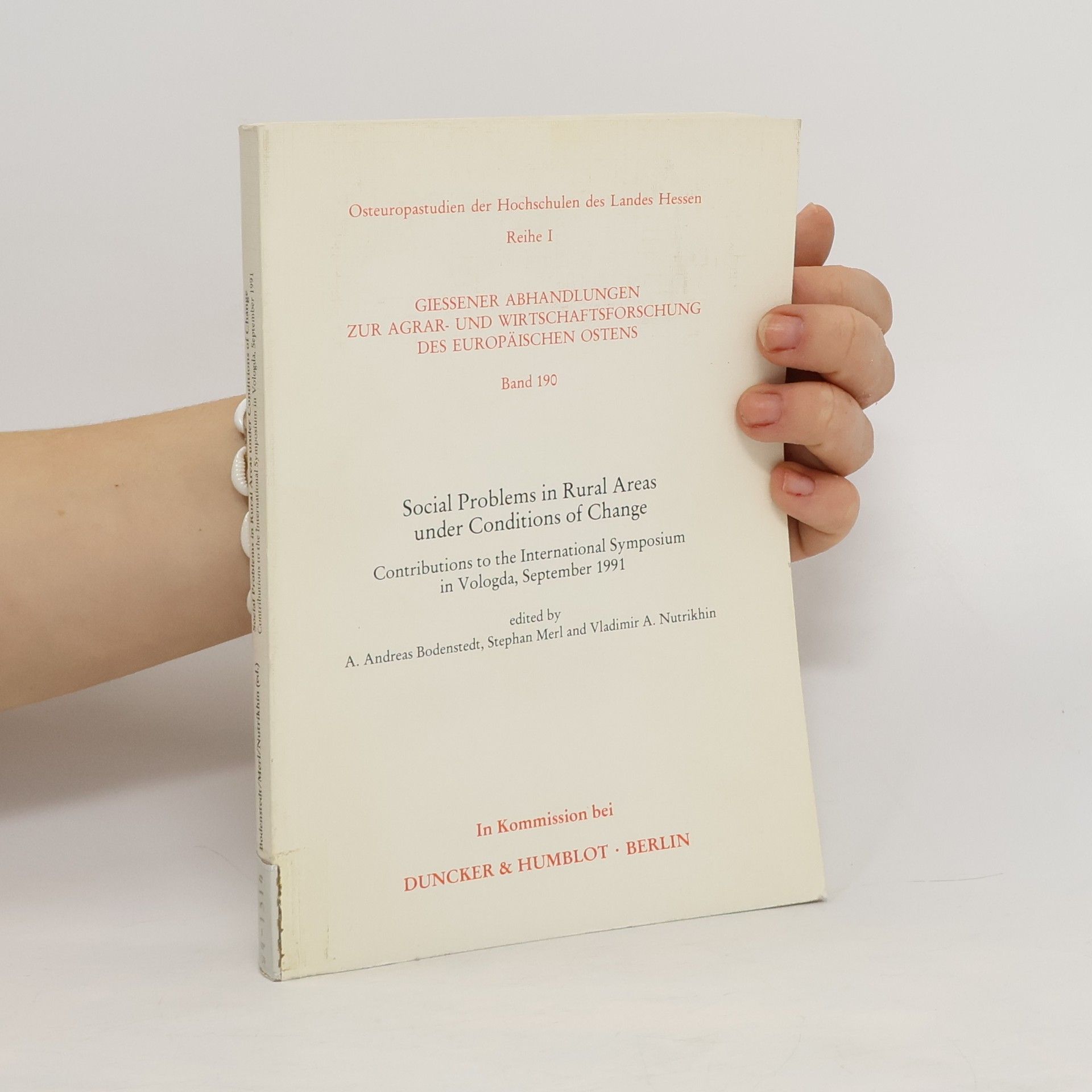Social problems in rural areas under conditions of change
- 246 pages
- 9 hours of reading
The book features a comprehensive exploration of agricultural and rural development issues across various regions, particularly focusing on Europe and the former Soviet Union. Contributions include analyses of the agricultural future in industrialized countries and differing attitudes toward land degradation among Ontario farmers. It examines Slovenia's rural development strategy and the motivations of cooperative farmers in East Germany, alongside the challenges faced by East German agriculture during its market transition. The influence of family ties on rural community viability is discussed, as well as structural changes in agriculture relevant to Russian rural studies. The transition to market economies is depicted as a complex mosaic of problems and interests, with insights into the agribusiness development structure in the Perm region and regional agricultural efficiency in Kaliningrad. Other topics include the creation of information services in peasant agriculture, social infrastructure in Latvia, and socio-demographic processes in the Komi Republic. The book also addresses the labor potential for farm household development, management forms in rural areas, and the training of high-skilled personnel. Finally, it raises questions about reviving peasantry and the educational needs of village school graduates in the context of rural development.
